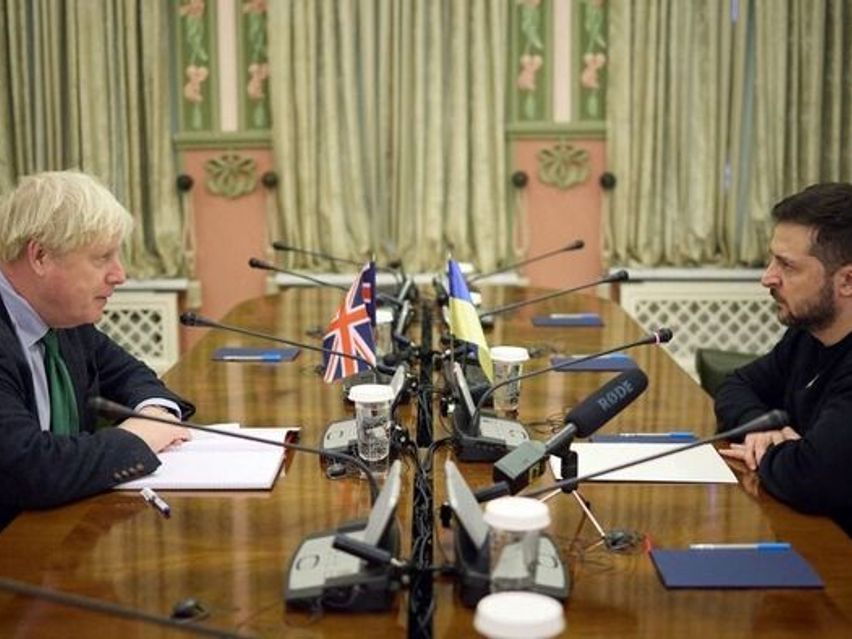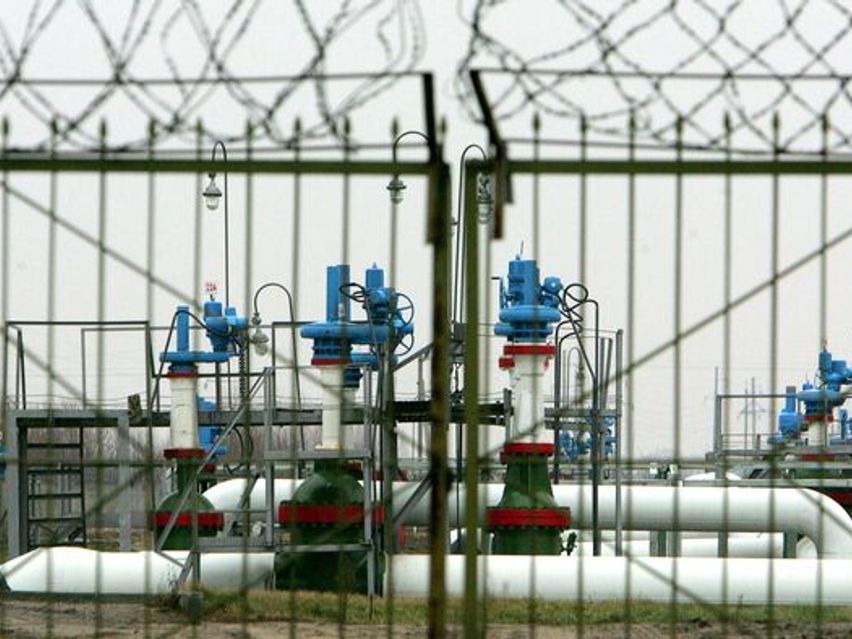A new report by MCC Brussels highlights the growing constitutional crisis in Poland under Prime Minister Donald Tusk. The report details a concerted attack on the rule of law that threatens to undermine democracy and the independence of the judiciary.
Within a year of the left-liberal coalition led by Donald Tusk assuming power,
Poland has witnessed an unprecedented weakening of democratic institutions, the report says. The new government selectively ignored court decisions and circumvented constitutional processes to introduce policies that align with its political agenda. In particular, it seized control of the prosecutor's office and public media, while undermining the independence of the judiciary, including the Polish Constitutional Tribunal and the National Council for the Judiciary.
Selective justice and political vendetta
The Tusk government justifies these measures by framing them as part of a broader "moral crusade" aimed at "restoring the rule of law" and holding the previous PiS-led government accountable. The government even likens its program to post-war denazification efforts. However, such rhetoric is only a thin veil for authoritarian tactics aimed at consolidating power, the report says. High-profile trials are used as tools of political retribution, and the justice system is described as a theater of political vendettas. Judges deemed hostile to the government are subjected to "independence tests" and risk removal unless they align with the government's expectations.
Politicizing the rule of law violates the basic principles of democracy that demand that law and politics remain as separate as possible,
said Frank Furedi, executive director of MCC Brussels.
"Yet, in collaboration with the European Commission, the Tusk regime is actively politicizing the judiciary," he added.
The EU's complicit silence
The report highlights the alarming silence of the European Commission on these developments, contrasting it sharply with its earlier actions when it imposed sanctions on the Polish PiS government over similar rule-of-law concerns.
The Commission's inaction during Tusk's leadership suggests tacit approval of the current government’s measures. This marks a shift in the EU's stance and raises serious questions about its commitment to democratic principles.
While the Commission previously used its powers to impose sanctions on Poland for alleged judicial reforms under the PiS government, it has been conspicuously silent on far more severe violations committed by the Tusk government.























Szóljon hozzá!
Jelenleg csak a hozzászólások egy kis részét látja. Hozzászóláshoz és a további kommentek megtekintéséhez lépjen be, vagy regisztráljon!